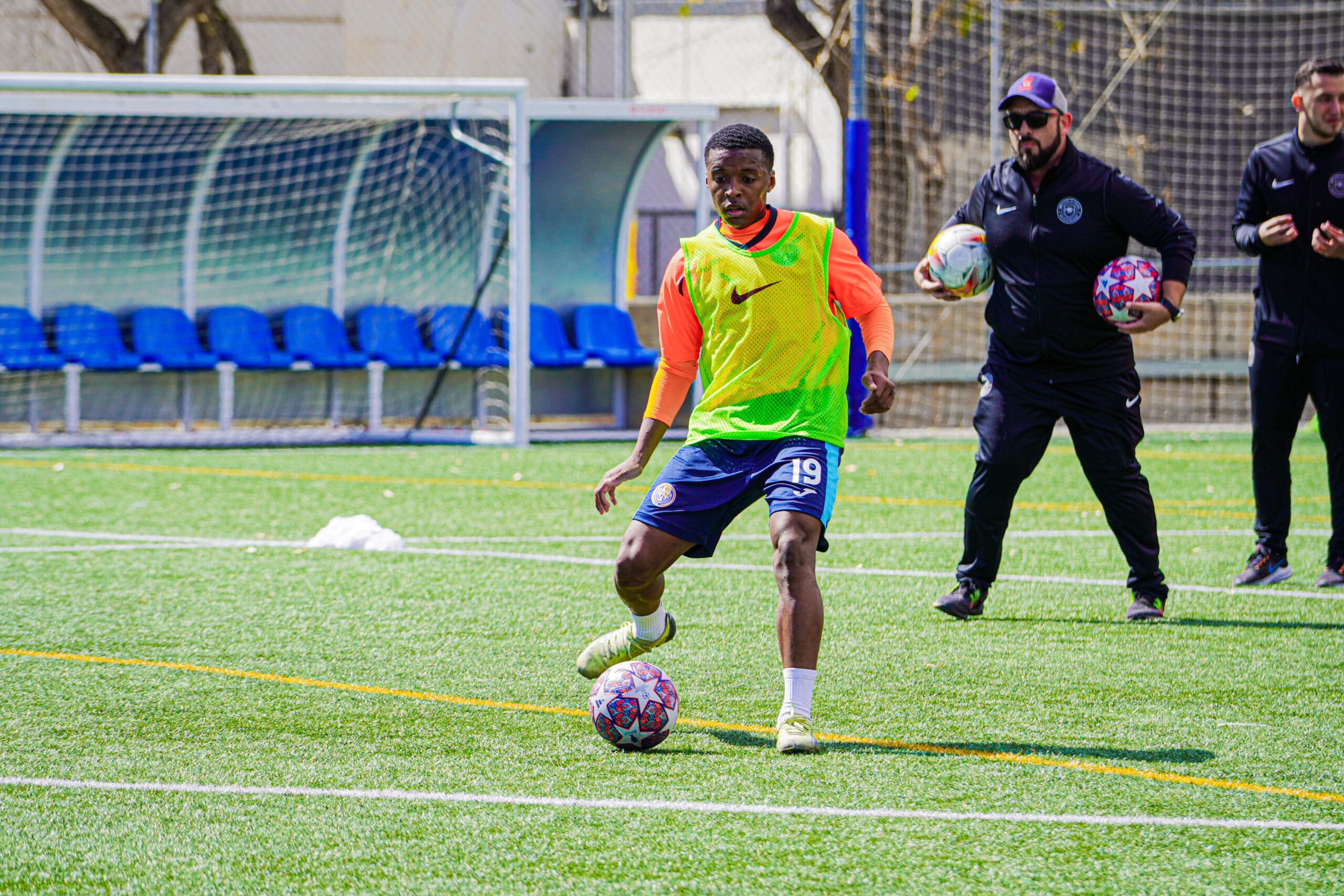In the world of football, it is essential to have optimal skills and responses to deal with recurring situations that arise in the game. These responses are known as specific fundamentals and are the key to a team’s individual and collective success.
The specific fundamentals are divided into three categories: Individual Fundamentals by Position (IFP), Line Group Fundamentals (LGF) and Universal Collective Fundamentals (UCF).
Each of these fundamentals addresses situations affecting a specific player, a line of players or the whole team, respectively (MBP 2019).
The IFPs focus on the optimal responses of players in specific roles, such as centre backs, full backs, centre midfielders, wingers, attacking midfielders and forwards. These fundamentals help players to perform better in common situations in their position.
LGFs refer to the optimal responses of a group of players in a team line, coordinating their actions simultaneously or sharing them.
Finally, UCFs are generalised optimal responses for the whole team, depending on the sector of the field and the phase of play (offensive or defensive). These fundamentals are crucial for effective team cohesion and coordination.
Now, how are these specific fundamentals acquired?
It is obtained through the observational method, a scientific approach that collects information on perceptible behaviours in real game contexts.
This method makes it possible to directly capture information from participants (players, coaches, fitness coaches) in training sessions and competitions, without influencing their responses.
The observational methodology consists of four stages: defining the problem and proposing the observational design, data collection and management, data analysis and interpretation of results.
1st Stage: Identify the recurrent situations to be solved and propose an appropriate observational design.
2nd Stage: Collect data by observing the most common situations and responses of the world’s best players.
3rd Stage: Analyse the data statistically to determine which of the responses is optimal, based on their percentage of correct solutions.
4th Stage: Interpret the results and derive the specific fundamental that best addresses the situation at hand.
It is important to note that these specific fundamentals are not a foolproof recipe, as players can also use other actions acquired through their experience to solve similar situations. However, these fundamentals provide a solid basis for training and development.








excelente material
hola Buenos dias, me gustaría poder recibir el curso de analista de futbol para poder desarrollar mi conocimiento en el futbol para luego proyectar me educación con el máster en tactica.